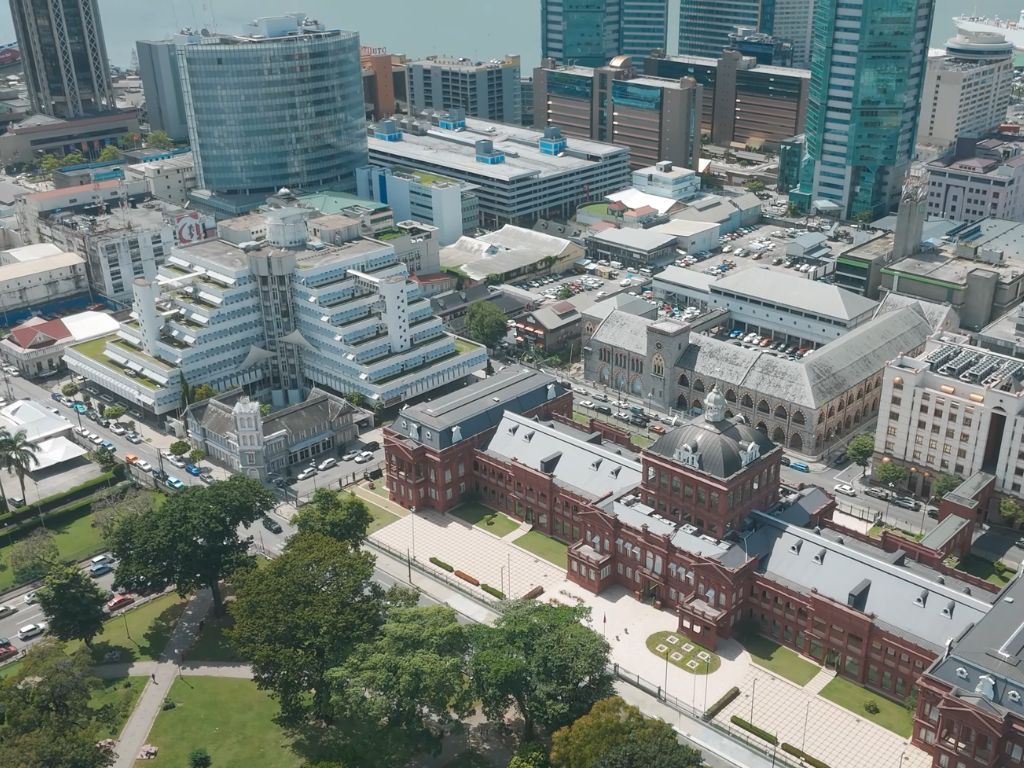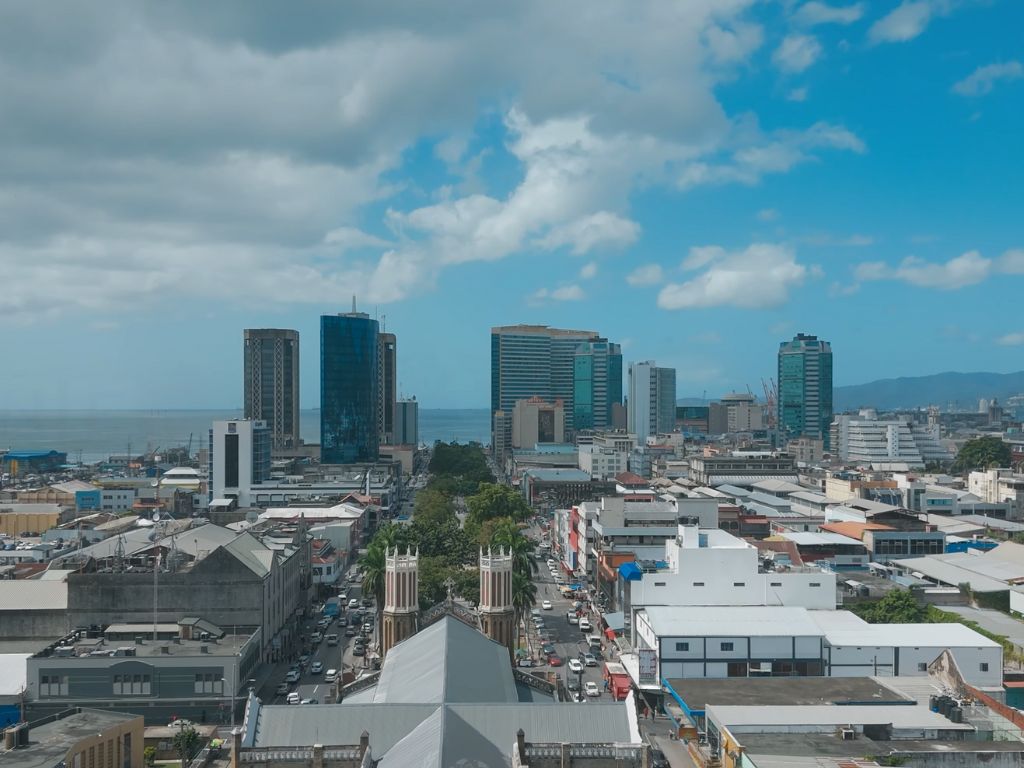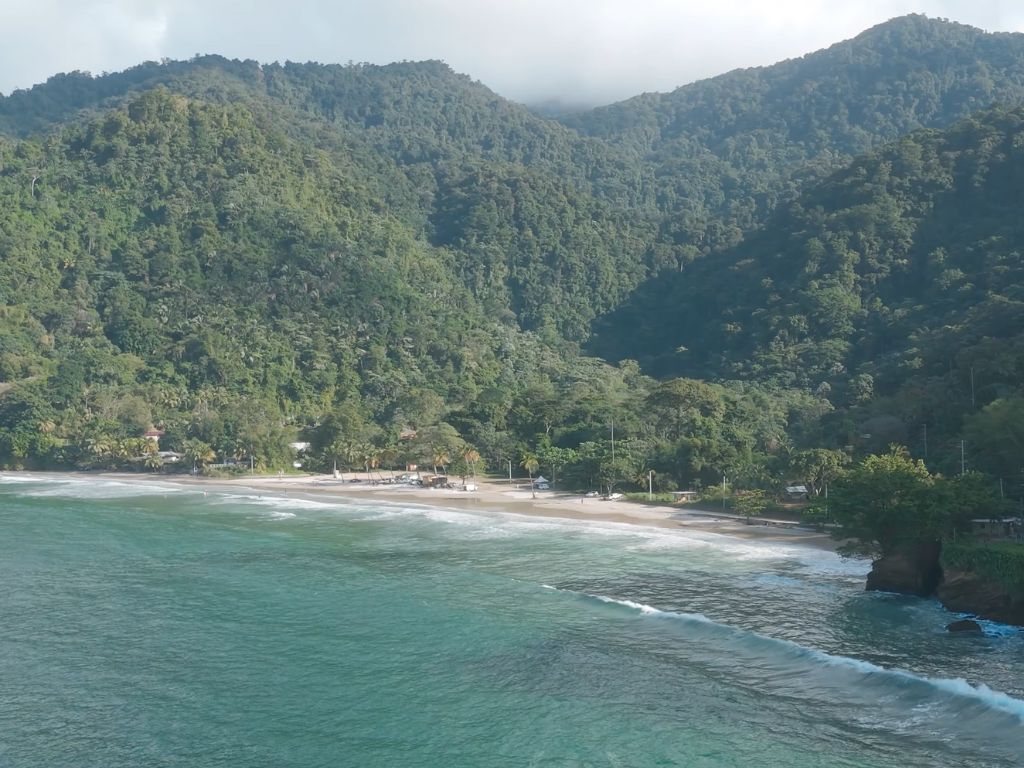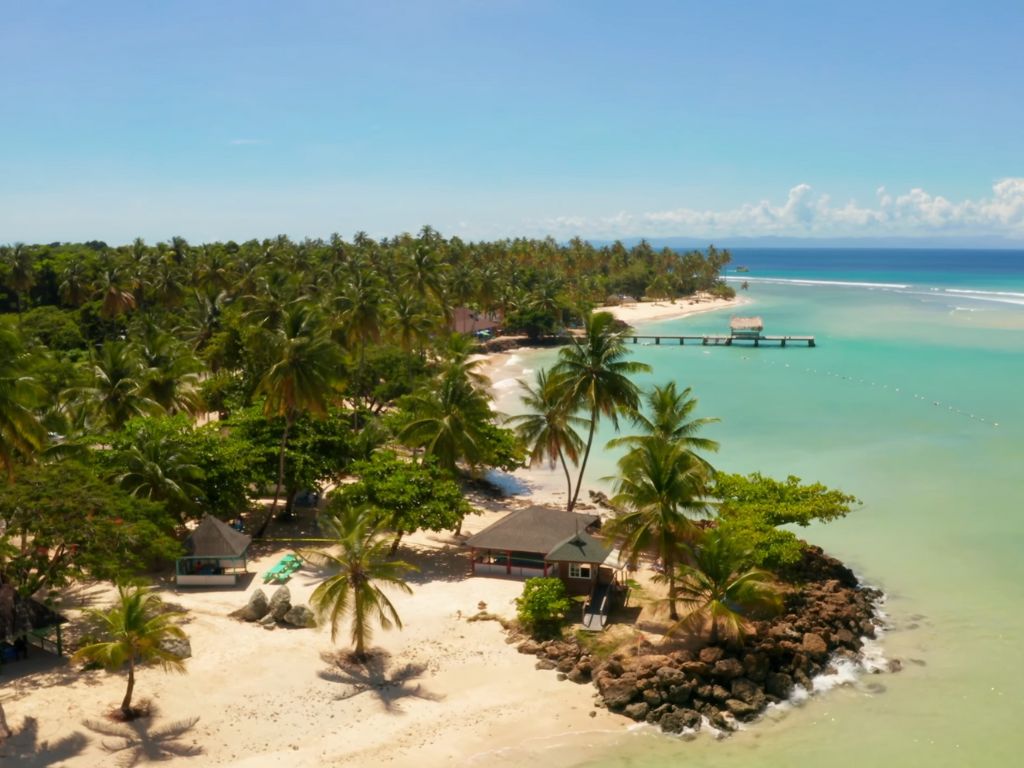Did you know that Trinidad and Tobago has one of the highest murder rates in the world? According to the U.S. government’s travel advisory, violent crime, including murder, robbery, assault, and kidnapping, is a major concern for visitors to this Caribbean paradise. As a U.S. citizen planning a trip to this tropical destination, it’s crucial to be aware of the potential risks and take the necessary precautions to ensure your safety.
The thought of a dream vacation in the sun-drenched islands of Trinidad and Tobago may conjure up images of white-sand beaches, vibrant carnivals, and lush rainforests. However, the reality is that the U.S. government has issued a stern warning about the pervasive crime and security threats that travelers may face in certain areas of the country, particularly in the capital city of Port of Spain.
Key Takeaways:
- The U.S. government has issued a travel advisory for Trinidad and Tobago, urging increased caution due to high levels of crime, violence, terrorism, and kidnapping threats.
- Certain areas of Port of Spain, including Laventille, Beetham, Sea Lots, Cocorite, and the interior of Queens’ Park Savannah, are off-limits for U.S. government personnel due to the risk of violence and shootings.
- Violent crime, such as murder, robbery, assault, sexual assault, home invasion, and kidnapping, is common in Trinidad and Tobago, with a significant portion of it being gang-related.
- Terrorists may target tourist locations, transportation hubs, markets/shopping malls, and other public areas with little or no warning.
- Travelers are advised to exercise caution, be aware of their surroundings, and prepare a contingency plan in case of emergencies.

Traveler Safety and Security Concerns
The U.S. government’s travel advisory for Trinidad and Tobago highlights significant safety and security concerns for visitors to this Caribbean island nation. According to the advisory, violent crime, including murder, robbery, assault, sexual assault, home invasion, and kidnapping, is a common occurrence in Trinidad and Tobago. A substantial portion of this violent crime is attributed to gang activity, with gangs involved in widespread narcotics trafficking.
Crime and Violence
The U.S. government has prohibited its personnel from traveling to certain high-risk areas of Port of Spain, the capital city, due to the elevated risks of violence and shootings. These restricted areas include Laventille, Beetham, Sea Lots, Cocorite, and the interior of Queens’ Park Savannah, especially after dark. Travelers to Trinidad and Tobago are advised to exercise caution and awareness, particularly when moving around these neighborhoods.
Terrorism and Kidnapping Threats
The travel advisory also warns that terrorists may target tourist locations, transportation hubs, markets, shopping malls, local government facilities, hotels, clubs, restaurants, places of worship, parks, major sporting and cultural events, educational institutions, airports, and other public areas in Trinidad and Tobago with little or no warning. Kidnapping is also identified as a concern for travelers in the country.
Trinidad and Tobago Travel Advisory

According to the U.S. government’s travel advisory, certain areas of Port of Spain, Trinidad and Tobago, are off-limits for U.S. government personnel due to heightened security concerns. These restricted zones include Laventille, Beetham, Sea Lots, Cocorite, and the interior of Queens’ Park Savannah, particularly after dark.
Restricted Areas
The advisory states that these areas pose an increased risk of violence and shootings, which has prompted the U.S. government to prohibit its personnel from visiting them. Travelers to Trinidad and Tobago should exercise caution and avoid these neighborhoods, as the local authorities also advise against visiting these high-crime zones, especially for foreigners and tourists.
While the majority of Trinidad and Tobago remains safe for visitors, the U.S. government’s travel advisory underscores the importance of staying informed and vigilant when navigating the country’s urban centers. By heeding these warnings and taking necessary precautions, travelers can help ensure a secure and enjoyable experience during their visit to this Caribbean island nation.
Safety Tips for Travelers
Travelers to the Caribbean island nation of Trinidad and Tobago should take several precautions to ensure their safety and security during their visit. The U.S. government recommends that visitors enroll in the Smart Traveler Enrollment Program (STEP) to receive important alerts and facilitate the government’s ability to locate them in an emergency.
Enroll in STEP Program
By enrolling in the STEP program, travelers can receive important security updates and alerts from the U.S. Embassy in Trinidad and Tobago. This program also helps the Embassy better assist U.S. citizens in the event of a crisis or emergency situation.
Exercise Caution and Awareness
Visitors to Trinidad and Tobago are advised to exercise heightened caution, especially when walking or driving at night. They should remain aware of their surroundings, avoid displaying obvious signs of wealth, and be extra vigilant when using ATMs. Travelers are also urged not to physically resist any robbery attempts and to follow the instructions of local authorities.
Contingency Planning
The U.S. government recommends that travelers to Trinidad and Tobago prepare a contingency plan for emergency situations. This includes reviewing the Traveler’s Checklist and monitoring local media for any breaking news or events that may require adjustments to their plans. Travelers should also review the latest travel health information from the CDC before their trip.
Trinidad and Tobago Legal Considerations

Travelers to Trinidad and Tobago should be aware of the country’s strict laws and penalties. Penalties for possessing, using, or trafficking in illegal drugs are severe, with convicted offenders facing long jail sentences and heavy fines. It is also illegal to carry ammunition when arriving, departing, or transiting through the country, and individuals found with even a single bullet or spent casing have been detained, charged, and fined.
Camouflage Warning
The U.S. government’s travel advisory also warns that it is prohibited to import any camouflage-pattern material without approval from the Ministry of National Security in Trinidad and Tobago. Wearing camouflage clothing in public is also prohibited, with the exception of those on official military business.
Conclusion
In conclusion, the U.S. government has issued a travel advisory for Trinidad and Tobago, urging increased caution due to the high levels of crime, violence, terrorism, and kidnapping threats in the country. Travelers to this Caribbean destination are advised to enroll in the Smart Traveler Enrollment Program (STEP) to receive alerts and enable the U.S. Embassy to assist them in an emergency.
Visitors to Trinidad and Tobago should also exercise caution and awareness, especially when walking or driving at night, and avoid displaying overt signs of wealth. Travelers are urged to prepare a contingency plan for emergency situations, review the Traveler’s Checklist, and monitor local media for breaking events to adjust their plans accordingly.
Additionally, travelers should be aware of the country’s strict laws and penalties, including the prohibition on importing and wearing camouflage-pattern materials. By being informed and taking the necessary precautions, travelers can help ensure a safe and enjoyable visit to the tropical destinations of Trinidad and Tobago.
FAQ
What are the key safety and security concerns for travelers to Trinidad and Tobago?
According to the U.S. government’s travel advisory, the main concerns are high levels of crime, violence, terrorism, and kidnapping threats in the country. Violent crime, such as murder, robbery, assault, sexual assault, home invasion, and kidnapping, is common, with a significant portion being gang-related.
What areas of Port of Spain are U.S. government personnel prohibited from visiting?
The U.S. government has prohibited its personnel from traveling to certain areas of Port of Spain, including Laventille, Beetham, Sea Lots, Cocorite, and the interior of Queens’ Park Savannah, especially after dark, due to the high risk of violence and shootings in these areas.
What precautions should travelers take to ensure their safety in Trinidad and Tobago?
Travelers are advised to enroll in the Smart Traveler Enrollment Program (STEP), exercise caution and awareness, especially when walking or driving at night, avoid displaying overt signs of wealth, and prepare a contingency plan for emergency situations. They should also review the CDC’s latest Travel Health Information related to their trip.
What are the strict laws and penalties in Trinidad and Tobago that travelers should be aware of?
Penalties for possessing, using, or trafficking in illegal drugs are severe, with convicted offenders facing long jail sentences and heavy fines. It is also illegal to carry ammunition when arriving, departing, or transiting through the country, and individuals found with even a single bullet or spent casing have been detained, charged, and fined. Additionally, it is prohibited to import any camouflage-pattern material without approval from the Ministry of National Security, and wearing camouflage clothing in public is also prohibited, with the exception of those on official military business.
Source Links
- https://travel.state.gov/content/travel/en/traveladvisories/traveladvisories/trinidad-and-tobago-travel-advisory.html
- https://wwwnc.cdc.gov/travel/destinations/traveler/none/trinidad-and-Tobago
- https://travel.state.gov/content/travel/en/international-travel/International-Travel-Country-Information-Pages/TrinidadandTobago.html

